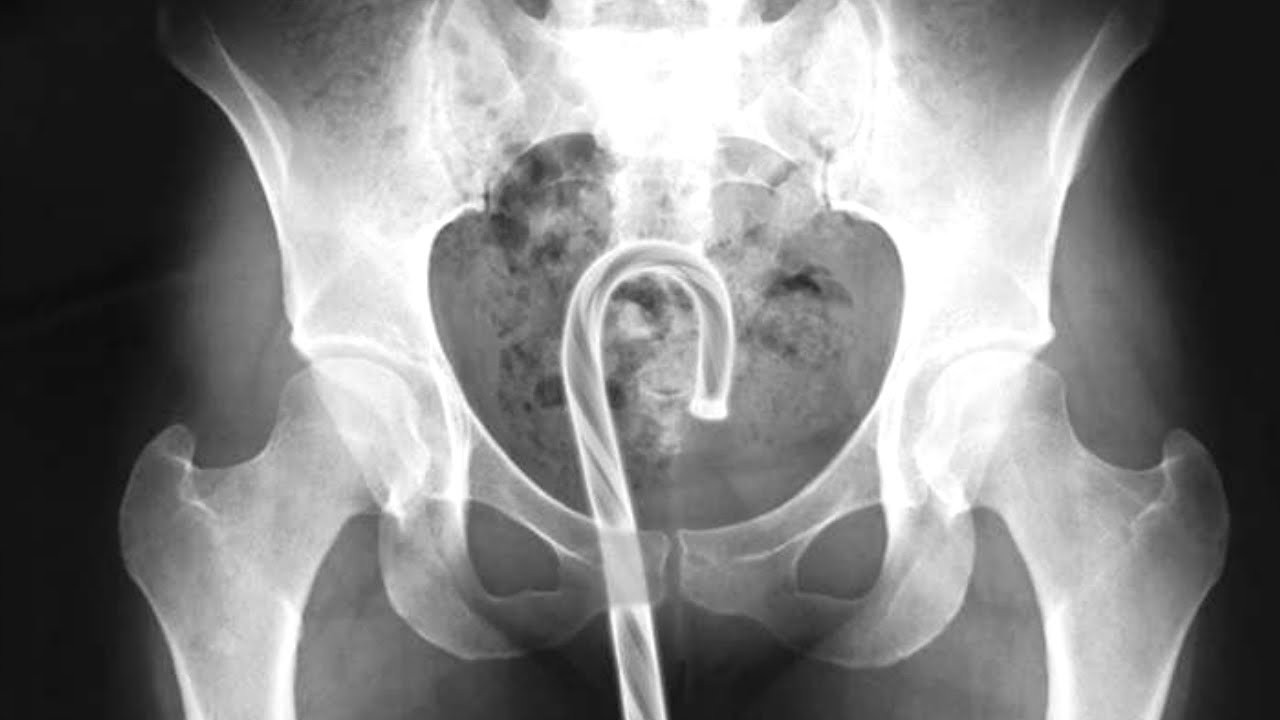The path looks clear for Saudi Arabia to host the 2034 World Cup: Australia has pulled out of bidding, hours before the Oct. 31 deadline imposed by FIFA. The possibility of an Australian bid was the only remaining obstacle for the push to get the world's premier soccer tournament to Saudi Arabia, following 2022's tournament in Qatar. Like that tournament, the 2034 edition likely will be held in the winter to accommodate for Saudi Arabia's climate, and like that tournament, it will be a black mark on FIFA's already rotten legacy.
In pulling out of the bidding process just hours before the deadline, Football Australia highlighted that it will instead compete for the right to host the 2026 AFC Women's Asian Cup and the 2029 FIFA Club World Cup. In a statement, the federation said: "We have explored the opportunity to bid to host the FIFA World Cup and—having taken all factors into consideration—we have reached the conclusion not to do so for the 2034 competition." Australia held the 2023 Women's World Cup in conjunction with neighboring New Zealand, though a potential bid for 2034 would have required infrastructure upgrades to meet FIFA's specifications. While there was a coalition forming among the Association of Southeast Asian Nations (ASEAN) to put up a competing bid, the noon ET deadline for bid interest passed with no one running against Saudi Arabia, which is said to have the support of most of the Asian Football Confederation (AFC) as well as "over 100" of FIFA's member associations.
FIFA's decision to make the 2030 tournament a tri-continent spectacle in honor of the World Cup's 100-year anniversary meant the 2034 edition would have to be held in either Asia or Oceania. The 2030 tournament will be held mostly in Spain, Portugal, and Morocco, but the opening three games will be held in South America, as a nostalgia play, in honor of the 1930 inaugural tournament held in Uruguay. (Argentina and Paraguay will also each host one of the opening matches.) That ruled out all of Europe, Africa, and South America as possible 2034 hosts, as no continent can host even parts of two World Cups back-to-back. Likewise, North America, host of the 2026 edition, could not bid for '34, bound by the rule that two or more World Cups must pass between tournaments with the same host confederation.
That cleared the way for Saudi Arabia to emerge as the favorite, and now the only, bid for the tournament, furthering the kingdom's sportswashing efforts. Saudi Arabia has become a major player in world soccer in recent years. Its domestic Saudi Pro League has splurged billions of dollars on infrastructure and player purchases from Europe, highlighted by Cristiano Ronaldo at Al Nassr and Neymar at Al Hilal. The country, via its Public Investment Fund, also purchased Newcastle United in the Premier League, a move that faced plenty of resistance from fans but little from the administrators of the world's top club league.
There will likely be a public-relations effort to present Saudi Arabia as a forward-facing nation, similar to the efforts made for Qatar ahead of last year's tournament, focusing on the kingdom's innovation and rapid progress and drawing attention away from its appalling human rights abuses. Saudi Arabia is a repressive absolute monarchy that violently restricts the rights of women, LGBTQ+ people, religious minorities, migrant workers, and the press. In 2018, journalist and dissident Jamal Khashoggi was assassinated and dismembered in the Saudi consolate in Istanbul, a move that the CIA found was ordered by Saudi Crown Prince Mohammed bin Salman, while the United Nations found that the assassination had been a "premeditated extrajudicial execution" by the Saudi state.
All in all, Saudi Arabia hosting the 2034 World Cup is a failure of FIFA as a governing body with any responsibility to the pluralistic values it loves to espouse, and a resounding success for FIFA as a governing body interested in money and power. The circumstances around Saudi Arabia's eventual selection might not be as obviously crooked as the bribery-heavy scandals that accompanied Qatar's selection, but that's mostly because FIFA learned its lesson about how to rig a potential Saudi election, rather than because of any moral fortitude on the part of world soccer's leadership.
As the Saudification of soccer continues unabated, now the biggest sporting event in the world has been dragged into the sportswashing orbit of a rich and powerful state with little in mind other than self-promotion. The 2034 World Cup will not live and die by its host—for all the horrifying stories of migrant workers dying in the run-up to the Qatar World Cup, the tournament itself was a huge success, thanks mostly to the action on the field—but it's a shame nonetheless that this is where the World Cup is headed, and soon.





